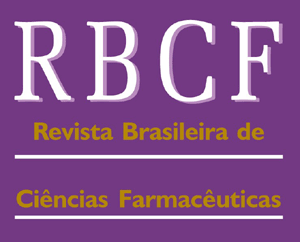Dapsone (DDS) (4,4'diaminodiphenylsulfone), the drug of choice for the treatment of leprosy, frequently induces hemolytic anemia and methemoglobinemia. N-hydroxylation, one of the major pathways of biotransformation, has been constantly related to the methemoglobinemia after the use of the drug. In order to prevent the dapsone-induced hemotoxicity, N-acetylcysteine, a drug precursor of glutathione, was administered in combination with DDS to male Wistar rats, weighting 220-240 g. The animals were then anaesthetized and blood was collected from the aorta for determination of plasma DDS concentration by HPLC, determination of methemoglobinemia and glutathione by spectrophotometry, and for biochemical and hematological parameters. Our results showed that N-acetylcysteine enhanced dapsone-induced methemoglobinemia due to increased dapsone plasmatic concentration and consequent increased N-hydroxylamine formation. We concluded that drug interactions with dapsone require individually studies in order to avoid undesirable effects of dapsone.
Dapsone; N-acetylcysteine; Glutathione; Methemoglobinemia




